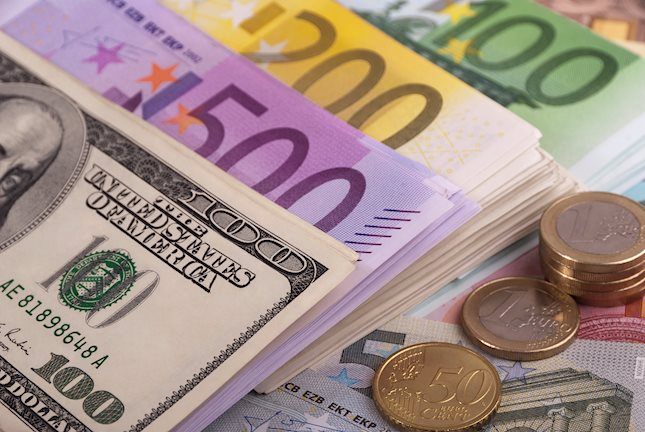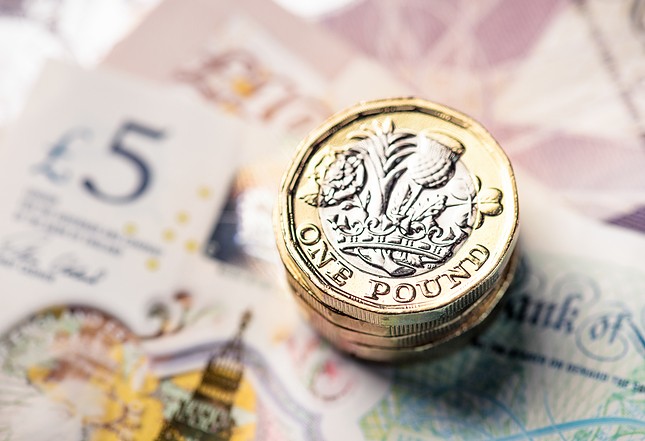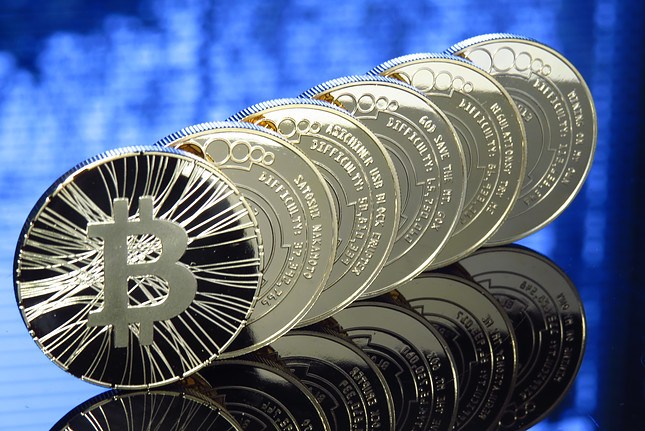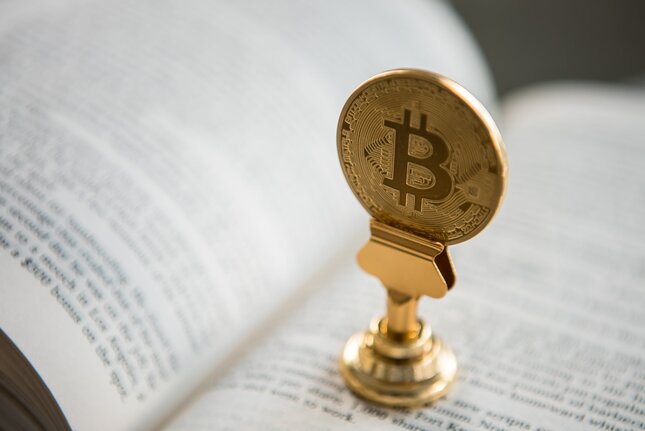- Germany’s political year is a long campaign beginning with primaries and ending with a new government.
- A Conservative-led coalition is a euro-friendly and most likely scenario, but its composition may make a substantial difference.
- Governments that include radical parties on either side of the spectrum are unlikely but could weigh heavily on the common currency.
Who will lead Europe’s largest country? European politics finds it hard to compete with British and American dramas – the ascent of Boris Johnson in 2019 and Donald Trump’s defeat in 2020. However, when German Chancellor Angela Merkel steps down in 2021 after 16 years in power, the euro is set to move.
When it comes to the party leading Germany, there is little doubt that Merkel’s center-right CDU bloc will stay in office. The main opposition center-left SPD has suffered dwindling support amid its participation in Merkel’s coalitions, and the Greens have yet to reach their prime. These parties may influence the common currency, but not from the top position.
CDU Primaries 2021
Germany’s general elections are held in September, but the action already begins early in the year – in January’s CDU primaries.
Armin Laschet, premier of North-Rhine Westphalia, is the continuity candidate that markets would like. The moderate leader overcame long years of SPD rule in his industrial Land (state) and is close to Merkel. He favors further European integration and has met French President Emmanuel Macron several times. Boosting the economies of the currency bloc would be favorable for the common currency.
On the other side of the ring, Friedreich Merz has been an opponent to Merkel on the party’s right-wing, especially on social issues. However, the lawyer who made a comeback into politics describes himself as economically liberal and would be seen as market-friendly. Moreover, Merz is a staunch Atlanticist – a supporter of close relations with the US – and that would also be euro-positive in the era of President Joe Biden.
Norbert Röttgen, chair of parliament’s Foreign Affairs Committee, is the third candidate but has no chance against the other two.
If both candidates are eventually market-friendly, why do the primaries matter? First, Laschet would be marginally more reassuring to markets than Merz. Secondly, the primaries may be only the first stage in the leadership battle.
Markus Söder, the premier of Bavaria and the CSU – a sister party to the CDU – is warming up on the sidelines. The lifelong politician’s star aligned in 2020 when he successfully handled the coronavirus crisis – with his popularity hitting 90% at one point. He may still join if the primary winner fails to make headway, like Annagret Kramp-Karrenbauer – who won the primaries to succeed Merkel but was forced to step down.
Söder is already a different candidate. He was outspoken against receiving more refugees and also supported Greece’s ejection from the eurozone in the 2015 debt crisis. If he ascends from his position in Munich to Berlin, the euro could suffer on fears of lesser European integration.
Between January and September, there is substantial time for changes at the ruling party that would rock the euro.
German Elections Results
Contrary to the US, counting is fast – but coalition negotiations are slow. The euro will rise if the CDU/CSU bloc, the SPD, and the Greens do well. It would also cheer success for the business-friendly FDP, which has been struggling to rebuild itself. Overall, the better for mainstream parties, the higher the euro could go.
On the other hand, success for the extreme-right AfD and the radical-left Die Linke (The Left) would weigh on the currency. The reactions in the currency depend on opinion polls ahead of the vote in September. However, the more significant movements will likely come in response to talks toward forming a government.
Current opinion polls:
By Rami R - Own work, CC BY-SA 4.0
The coronavirus crisis has strengthened Merkel’s CDU and weakened its rivals.
Coalition scenarios
The Greens are playing a larger role in German politics in recent years. The centrist wing of the party has come to dominate the once-radical outfit, and that change has proved itself in the ballot box. Green politician Winfried Kretschmann is the premier of Baden-Württemberg with the CDU while the parties cooperate on different levels. In 2019’s European Parliament elections, the environmental party came out on top.
Annalena Baerbock and Robert Habeck are sharing the leadership of the Greens party and have yet to decide who will be the chancellor candidate. Habeck is considered more popular, but also Baerbock is telegenic and has high chances of succeeding in enlarging support for the party.
According to opinion polls, the Greens are set to come second and potentially form a coalition with the CDU/CSU bloc, potentially with the liberal FDP. Negotiations for such collaboration failed after the 2017 election but could work out now.
Protracted talks could go on for months. If the conservatives cede ground on environmental issues, they could accept market-unfriendly policies that would hurt the euro toward the end of the year. That would be especially significant if the business-friendly FDP is not needed to form a coalition.
Another scenario would be a repeat of the grand CDU-SPD coalition. Prospects of such a remake are falling as the center-left party would likely opt to rebuild itself in opposition after eight years under Merkel. The long-serving Chancellor adopted some of her rivals’ policies over the years. Having them in her government for so long caused many SPD supporters to question what the party stands for.
On the other hand, the SPD’s leader Olaf Scholz would like to maintain the status quo – and stick to his post as Germany’s Finance Minister. If the SPD’s showing in the elections exceeds expectations, he may push the party to repeat the same partnership. That would be the most euro-friendly outcome, but it would probably take time – a new grand coalition may wait for early 2022.
Worse outcomes for the common currency are less likely. One such scenario would be a left-leaning coalition between the SPD, Greens, and the hard-left Die Linke. The latter has substantial support from the former communist east and would be the preferred result of those in the SPD that oppose collaborating with the CDU. However, these three parties would find it hard to muster enough support, and working with Die Linke is also considered problematic.
One scenario that seems out of the question at the moment is a coalition between the CDU and the AfD. A center-right/hard-coalition happened in Austria but was later succeeded by a center-right/green partnership. At the time of writing, all political parties reject collaborating with AfD, which is anti-immigration, and with some members leaning toward Germany’s problematic past. However, anything is possible in politics. Such a coalition would be a nightmare for the euro, as the AfD populists are also Euroskeptics.
Conclusion
A long 2021 in German politics begins with the CDU primaries in January, continues with a potential overturn of these results, and seemingly culminates in September’s general federal election. However, the drama is set to continue into the year-end.
While politics are complicated, the formula for the euro is simple – more status quo is better, and success for mainstream parties is preferred over the strengthening of extreme parties.
Information on these pages contains forward-looking statements that involve risks and uncertainties. Markets and instruments profiled on this page are for informational purposes only and should not in any way come across as a recommendation to buy or sell in these assets. You should do your own thorough research before making any investment decisions. FXStreet does not in any way guarantee that this information is free from mistakes, errors, or material misstatements. It also does not guarantee that this information is of a timely nature. Investing in Open Markets involves a great deal of risk, including the loss of all or a portion of your investment, as well as emotional distress. All risks, losses and costs associated with investing, including total loss of principal, are your responsibility. The views and opinions expressed in this article are those of the authors and do not necessarily reflect the official policy or position of FXStreet nor its advertisers. The author will not be held responsible for information that is found at the end of links posted on this page.
If not otherwise explicitly mentioned in the body of the article, at the time of writing, the author has no position in any stock mentioned in this article and no business relationship with any company mentioned. The author has not received compensation for writing this article, other than from FXStreet.
FXStreet and the author do not provide personalized recommendations. The author makes no representations as to the accuracy, completeness, or suitability of this information. FXStreet and the author will not be liable for any errors, omissions or any losses, injuries or damages arising from this information and its display or use. Errors and omissions excepted.
The author and FXStreet are not registered investment advisors and nothing in this article is intended to be investment advice.
Recommended Content
Editors’ Picks

EUR/USD rebounds from session lows, stays below 1.0600
EUR/USD recovers from the session low it set in the European session but remains below 1.0600 on Tuesday. Although the US Dollar struggles to gather strength following disappointing housing data, the risk-averse market atmosphere caps the pair's rebound.

GBP/USD remains under pressure below 1.2650 after BoE Governor Bailey testimony
GBP/USD trades in the red below 1.2650 on Tuesday, pressured by safe-haven flows. BoE Governor Bailey said a gradual approach to removing policy restraint will help them observe risks to the inflation outlook but this comment failed to boost Pound Sterling.

Gold remains propped up by geopolitics
Gold retreats slightly from the daily high it touched near $2,640 but holds comfortably above $2,600. Escalating geopolitical tensions on latest developments surrounding the Russia-Ukraine conflict and the pullback seen in US yields help XAU/USD hold its ground.

Bitcoin Price Forecast: Will BTC reach $100K this week?
Bitcoin (BTC) edges higher and trades at around $91,600 at the time of writing on Tuesday while consolidating between $87,000 and $93,000 after reaching a new all-time high (ATH) of $93,265 last week.

How could Trump’s Treasury Secretary selection influence Bitcoin?
Bitcoin remained upbeat above $91,000 on Tuesday, with Trump’s cabinet appointments in focus and after MicroStrategy purchases being more tokens.

Best Forex Brokers with Low Spreads
VERIFIED Low spreads are crucial for reducing trading costs. Explore top Forex brokers offering competitive spreads and high leverage. Compare options for EUR/USD, GBP/USD, USD/JPY, and Gold.

